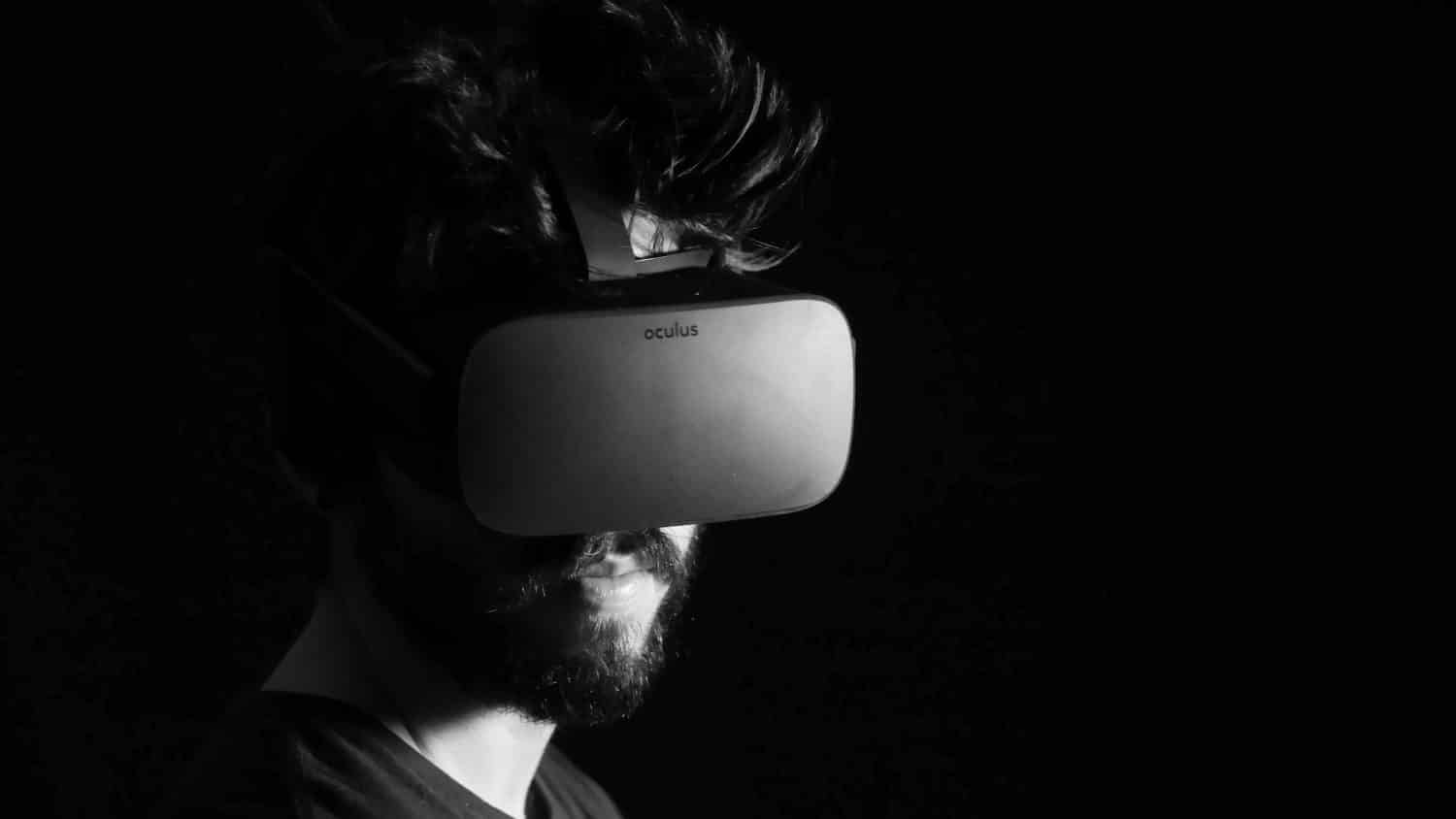
In a significant decision for the addiction treatment field, the World Health Organization (WHO) has added video game addiction to the International Classification of Diseases.
The World Health Organization announced on Monday, June 18th that “gaming disorder” will be included in the new edition of the authoritative International Classification of Diseases. The decision is based on extensive, long-term research on video game dependence. This is a significant development in the field of addiction treatment, as it broadens the official definition of legitimate addiction. It also demonstrates how our understanding of addiction and addiction treatment is constantly evolving.
What’s the take of an Addiction Treatment Therapist?
Laura Demoe (MSW, RSW, CSAT), Trafalgar’s Chief Clinical Officer, sees the new classification as a progressive and important step in terms of how video gaming addiction can be treated. “I think it will really open up the options for treatment for people, because it legitimizes the issue,” she says. “It will give doctors and treatment providers credibility for treating the disorder, rather than having people wondering ‘Is this a real issue?’ or ‘Is it something I should be talking to my treatment provider about?’”
What Took the WHO so Long to Recognize It?
As Laura suggests, people struggling with a video gaming addiction in the past have not always been taken seriously. The disorder has not generally been perceived a serious condition in comparison to more traditionally recognized forms of addiction. The issue is also most prominent in younger people. Younger people are often less likely to seek help or recognize their dependence. “People who we’ve had call in about video game addiction or internet addiction often ask if it’s a real issue,” notes Laura. “They feel very stigmatized by others, and by themselves, even. They feel as though it’s not a real problem, but of course it is, and now that’s being recognized.”
Definition of Gaming Disorder by WHO
The new definition of gaming disorder in the International Classification of Diseases states that it is:
characterized by impaired control over gaming, increasing priority given to gaming over other activities to the extent that gaming takes precedence over other interests and daily activities, and continuation or escalation of gaming despite the occurrence of negative consequences.
It’s notable that a similar definition could be applied to many more traditionally recognised forms of addiction. “Most addictions have a very similar criteria for what constitutes an addictive behaviour,” says Laura. “It’s just the substances or the behaviour that’s different from person to person.” Studies of video gaming disorder also indicate that, for people who have developed a dependence on them, video games can elicit dopamine surges similar to those created by addictive drugs.
How Will Video Game Disorder be Treated Now?
This new classification should allow professionals to treat the issue of video game dependence itself, rather than approaching it as a symptom of associated issues. Excessive gaming can now be approached holistically, as both a cause and an effect. Laura notes that this development should also make insurance companies more likely to reimburse people for treatment for the disorder. This demonstrates the importance in addiction treatment of developments such as this, which legitimize real and destructive conditions.
Responding to the new classification, the UN stated that it will “serve a public health purpose for countries to be better prepared to identify this issue.” But how should individuals try to identify a potential disorder?
“If you’re looking within yourself, one of the strong indicators is thinking about your own feelings about the gaming. For example, if you start feeling really restless or frustrated when something interferes with you being able to play, or if you’re obsessing with thoughts about the game. If the rest of your life is coming second, and you’re canceling other engagements to continue playing this game, that’s a sign of dependence.”
This kind of dependence could also be observed in others, if they appear to be prioritizing gaming ahead of all else or spending excessive amounts of time playing.
“Another sign is if you notice you start lying about how much you’re playing the game, to your parents or your friends, if they’re asking how much time you spend playing and you find yourself minimizing it because you’re embarrassed or shameful. That’s often one of the ways people begin to realize they have a problem, when they start feeling the need to lie about the behaviour.”
What Helps to Treat Video Game Disorder?
While video gaming disorder is now officially recognized, treatment is still in a relatively early phase. The classification is based on comprehensive medical research, but much more will be required to establish the most effective methods of treatment.
“Hopefully this will open up more research on this topic, on what would be the best evidence-based practices to treat it,” comments Laura. While the effects of gaming disorder have similarities to those of other forms of addiction, it does present particular difficulties in terms of initiating treatment. “I think that it does require a different approach to some other addictions.
“With substances, they can elicit more dependency in other ways, but there will be a point where, physically, the person will reach a limit. For example, with alcohol, once a person drinks to a certain point, the body will start to protest it. Whereas with video games, people can play for three, four days straight, barely taking breaks. That’s the way they’re designed, to keep the person engaged enough to keep playing. So that kind of dependency, and the addictive nature of it, requires a different approach to treatment than you might use for alcohol addiction.”
Both individual and family therapy have proven effective. “Wilderness therapy,” involving a sustained separation of the person from their consoles, is also often used in treating the disorder. Certain medications have also proven effective, but further studies will now be facilitated to identify the best treatment options. Trafalgar Addiction Treatment Centres has been treating people for video game addiction for some time.
Trafalgar’s Effective Video Game Disorder Treatment Approach
“At Trafalgar, we treat each addiction on an individual basis, by assessing and getting to understand the person who is struggling with an addiction and their inner world. Addictions can form out of different things. Often they’re masking some sort of mental health issue or they’re a coping strategy for some feeling of emptiness. So we base our strategy on the individual therapy and our assessment of what it is specifically that the addiction is routed in.
“For video game addiction we operate in the same manner: we work to understand the person and what the games are making them feel about themselves, what they are getting out of playing the games. For example, that could be a sense of connection with other people online; it could be that they have social anxiety in real life situations and have difficulty connecting with others. So we explore with the individual person what exactly it is that the gaming does for them in their life, and then try to help them find skills and ways to fill those areas in their lives without the games.”
Is the Gaming Disorder Classification Correct?
There has been some concern that the new classification could lead to an excessive response. Joan Harvey, speaking on behalf of the British Psychological Society and quoted in the Toronto Star, stated that “People need to understand this doesn’t mean every child who spends hours in their room playing games is an addict, otherwise medics are going to be flooded with requests for help.” Is over-diagnosis a real concern?
“I think there’s always a risk of over-diagnosing, or self-diagnosing something that may not be an issue,” says Laura. “If a movie comes out where the main character has a disorder, all of a sudden doctors will see a flood of people coming in about that disorder. So I think it’s almost inevitable, but I hope in the long run it won’t have that impact, and that only the people who genuinely are struggling with the disorder and need help can get that, and that it doesn’t make it more difficult for them to get that service.”
Clear Definition
The International Classification of Diseases also defines the requirements for a diagnosis of video gaming disorder: “The behaviour pattern must be of sufficient severity to result in significant impairment in personal, family, social, educational, occupational or other important areas of functioning and would normally have been evident for at least 12 months.” The clarity of this definition should help people to avoid jumping to conclusions, and to consider a potential case carefully based on the available evidence.
It’s also important to avoid allowing the development to create an overly negative idea of the relationship between technology and addiction. After all, technology is also being used in innovative, evidence-based ways to treat addiction and in healthcare more generally. The type of virtual reality therapy being used at Trafalgar Addiction Treatment Centres serves as an example of this.
It remains to be seen what the impact of the WHO’s classification will be, but their decision is a progressive development in the field of addiction treatment.





